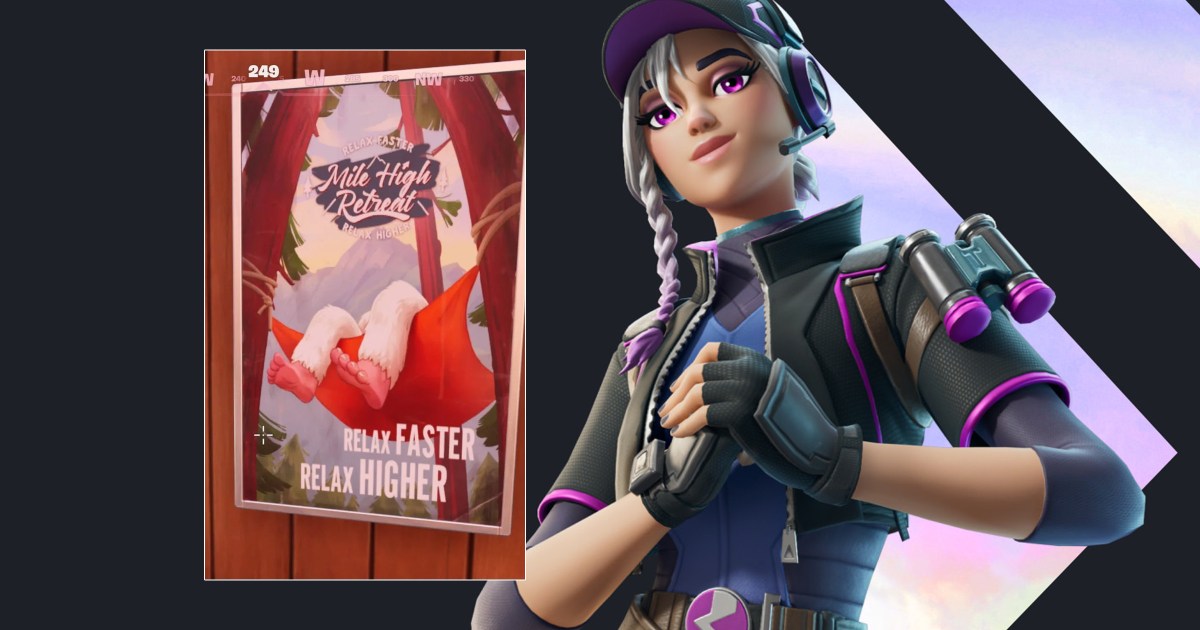Artificial intelligence
fromLondon Business News | Londonlovesbusiness.com
1 week agoDigital art creation without graphic design training - London Business News | Londonlovesbusiness.com
AI text-to-image tools democratize digital art creation, enabling anyone to generate detailed images from text prompts and transforming creative workflows across sectors.

